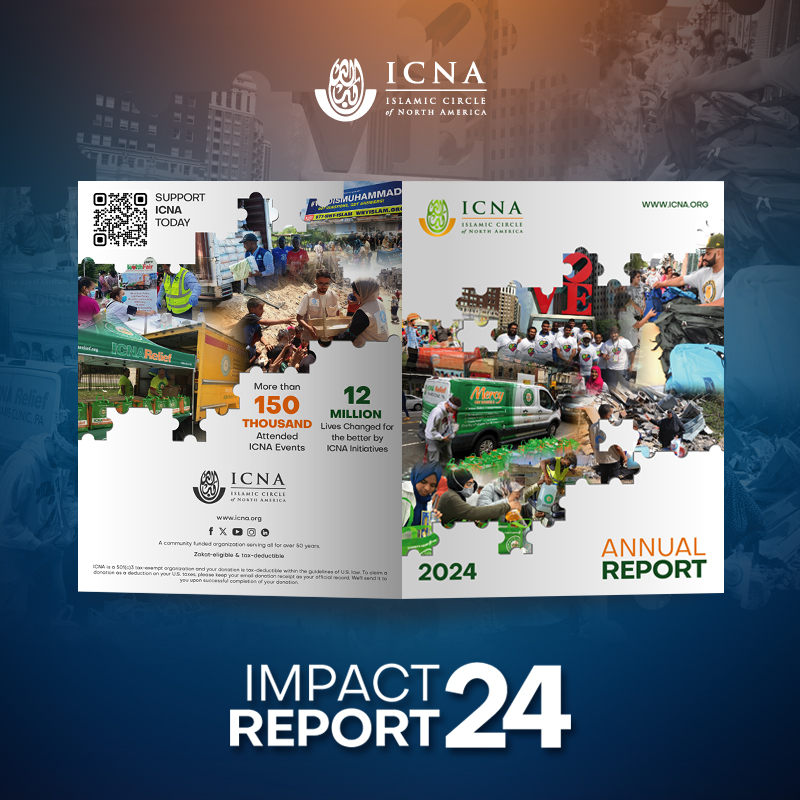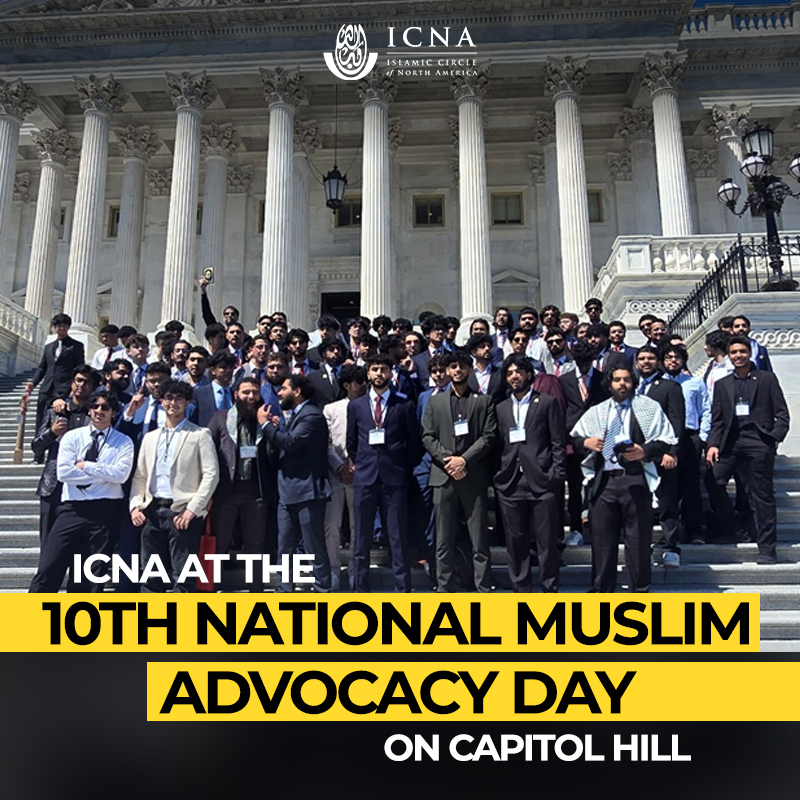

Like many young Muslims in this country, I’m second-generation American. My parents immigrated to this country in the ‘90s, and me and my siblings grew up as third culture kids — intermixing Urdu phrases in our English, jeans with a “kameez” (a long cultural shirt) was the height of fashion, and we learned to eat with our hands before ever touching a spoon.
There’s often a lot of dialogue on the difficulties that children of immigrants face, that feeling of never quite fitting anywhere. But I wonder how many of us have thought about how much it must ache to truly belong to a place – to live in a place where everyone speaks how you speak, where everyone eats what you eat, where everyone dresses how you dress – and then to have to give it all up and move to a land where you become a “minority” that is mocked and ridiculed for the very things that are the cornerstones of your identity?
I wonder sometimes, if I would have been able to make the kind of sacrifice that my parents made. Would I have been able to leave my country, my people, and everything that defined me, to immigrate to a different continent, just so I could give my own children their very best opportunity for success? I’d like to think I would, but I genuinely don’t know. That requires a level of strength and tawakkul that I’m not sure I possess.

And then, imagine watching those very children, the ones you gave it all up for, go through that phase where they become ashamed of your culture. The food our moms’ make, imbued with so much love and care, suddenly becomes “boring”, or even “gross.” We’d love to be called multilingual, but in something exotic like Italian or French, not the Urdu and Arabic that is our birthright.
There is this defining moment that almost every child of an immigrant goes through — you’re asked a question, in what should be your native language, that you understand completely and you know the answer to, but you have no clue how to articulate it. Your tongue stutters, and your throat seizes, and your thoughts race in English but never translate over, and you feel absolutely humiliated.
This loss of language might be the most heart-breaking part of it all. Language is the soul of community. To know a people, we must know their language. How many stories lay untold on the tongues of our grandparents because we can barely stutter our way through a sentence in Arabic? How many of our uncles, our aunts, our cousins, those who should be some of our closest family, have we barely scratched the surface in getting to know them, because their English might be broken but our Urdu is still yet worse? How many gems sit in the bookshelves of our parents’ personal libraries, in the hearts of our scholars back home, that we have allowed to become inaccessible to ourselves?
Urdu is a beautiful language. There’s a gentleness and an eloquence to it, and it quite literally sits softer on the tongue and the throat. There’s a common stereotype of Desis (those of South Asian descent) not having the best pronunciation of the Qur’an, and that’s actually because a lot of Arabic letters rely heavily on the back of the throat while Urdu is spoken almost completely from the mouth. But despite these pronunciation differences, Urdu is very similar to Arabic in vocabulary.
Neither of my parents have formally studied Arabic. They couldn’t tell you all the grammatical rules, the different morphological patterns, or the reasons for a word’s vowels. But their Urdu is fluent. Me, on the other hand, I’ve been taking an intensive Arabic course for the past 9 months. I can break down a verse into all its components and tell you the root letters of almost any word. But my Urdu is broken.
And the longer I study Arabic, the more I realize that the level of comprehension of the Qur’an that my parents have, which is miles ahead of mine, is almost purely founded on their grasp of Urdu vocabulary. In allowing my own Urdu to weaken, I lost with it a critical understanding of Qur’anic vocabulary. And while I can still learn Qur’anic vocabulary now, and am taking steps to do so alhamdulillah, I often think of how much easier I know this all would’ve been if I had just retained my Urdu.

My parents really tried their best to encourage us to embrace Urdu as much possible – it used to be tradition in our household to only speak Urdu at the dinner table. But as we grew from naïve children into insecure teenagers, we were desperate to find our footing in American culture and we made such a fuss about speaking English, my parents eventually gave in. And now, as an adult with too many responsibilities and barely enough time, I look back and truly regret the moments that could have been spent solidifying my native tongue, but instead was wasted on trying to prove to myself that I was American enough.
If it was just about Urdu as a language, I would still have these regrets of course, but perhaps they wouldn’t be as strong. But it’s also about how Urdu ties into Arabic and Arabic is the language of the Qur’an and the Qur’an is the Word of Allah. It is quite literally God’s Message to me and you. So, it is regret for the loss of the language itself, yes, but more importantly it’s the regret of knowing how much stronger my connection with the Qur’an could have been.
But we can’t waste our lives on regret. Regret is meant to be a teacher – it should drive us to do better, it should force us to reflect on our errors, but it should never paralyze us.
Our relationship with Allah in particular is the one part of our lives that we cannot allow to become stagnant. Allah loves us, and it is out of this mercy and care that He has revealed His Message in His chosen Arabic. And we live in the age of technology, it has never been easier to learn a language – there are so many classes, such passionate teachers, endless YouTube videos. There is genuinely no excuse for willful ignorance. And why would we want to stay ignorant? Our Creator, The Merciful, The All-Loving, The Most-Kind, has sent us a Message and given us the means to understand that Message. Don’t we want to know what our Creator has to say to us?
So, this is a call to myself, first and foremost, to work on my relationship with the Qur’an. This is an oath to myself that I will learn the language of the Qur’an insha’Allah, even if it’s just one word at a time. And maybe, just maybe, in this endeavor to please Allah and find my faith, I will find it in me to strengthen my Urdu and connect with the heritage of my people.
Ream More Articles https://messageinternational.org/





